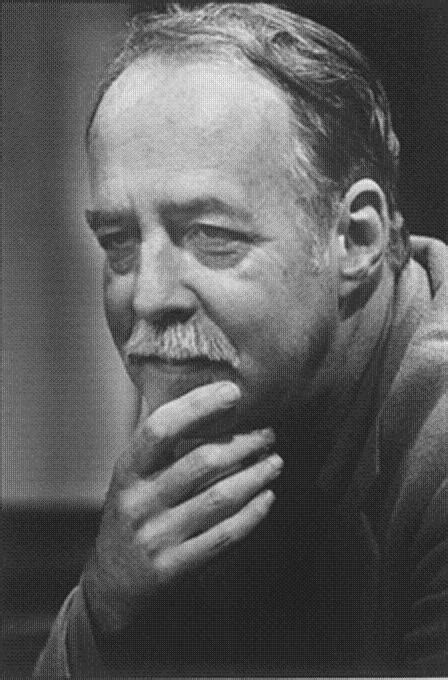A Quote by Paul Valery
In the eyes of those lovers of perfection, a work is never finished - a word that for them has no sense - but abandoned; and this abandonment, whether to the flames or to the public (and which is the result of weariness or an obligation to deliver) is a kind of an accident to them, like the breaking off of a reflection, which fatigue, irritation, or something similar has made worthless.
Related Quotes
Whoever you are: in the evening step out of your room, where you know everything; yours is the last house before the far-off: whoever you are. With your eyes, which in their weariness barely free themselves from the worn-out threshold, you lift very slowly one black tree and place it against the sky: slender, alone. And you have made the world. And it is huge and like a word which grows ripe in silence. And as your will seizes on its meaning, tenderly your eyes let it go.
Whether at work, at home or in public, we have been trained to believe that who we are at the core of our being is often unacceptable. As a result, we work diligently to live up to - and sometimes down to - what others have made us out to be, whether or not it is an accurate reflection of who we are.
I was amongst the virtues like the great Turk in his seraglio of women, and I chose to dwell with that virtue which looked the fairest in my eyes and gave me at that season most pleasure. In short, I made wives of them: I first admired them, then made them my own property, and if they would not submit to my will, I again turned them off and divorced them.
We like books that have a lot of dreck in them, matter which presents itself as not wholly relevant (or indeed, at all relevant) but which, carefully attended to, can supply a kind of "sense" of what is going on. This "sense" is not to be obtained by reading between the lines (for there is nothing there, in those white spaces) but by reading the lines themselves looking at them and so arriving at a feeling not of satisfaction exactly, that is too much to expect, but of having read them, of having "completed" them.
You came to my life with what you were bringing, made of light and bread and shadow I expected you, and Like this I need you, Like this I love you, and to those who want to hear tomorrow that which I will not tell them, let them read it here, and let them back off today because it is early for these arguments.
There are usually three sections of people who like my work. There are those who like them aesthetically. They see beauty in the images. Second, there are those who like the horror aspect, which is by design, and I like that. Third, there are those who are moved by the historical or political nature of them. They want to talk about them.
With a novel, which takes perhaps years to write, the author is not the same man he was at the end of the book as he was at the beginning. It is not only that his characters have developed-he has developed with them, and this nearly always gives a sense of roughness to the work: a novel can seldom have the sense of perfection which you find in Chekhov's story, The Lady with the Dog.
A great deal of the joy of life consists in doing perfectly, or at least to the best of one's ability, everything which one attempts to do. There is a sense of satisfaction, a pride in surveying such a work, a work which is rounded, full, exact, complete in all its parts-which the superficial man, who leaves his work in a slovenly, slipshod, half-finished condition can never know. It is this conscientious completeness which turns work into art. The smallest thing, well done, becomes artistic.
The Greek word euphuia, a finely tempered nature, gives exactly the notion of perfection as culture brings us to perceive it; a harmonious perfection, a perfection in which the characters of beauty and intelligence are both present, which unites "the two noblest of things" - as Swift most happily calls them in his Battle of the Books, "the two noblest of things, sweetness and light."
Movies are great fun and wonderful when they're good. But you never get to see them till six months after they're finished. So you never get a sense of whether they're really well liked or how good they are. And you don't really know what the finished product is going to be like, because it's a director's medium.






































